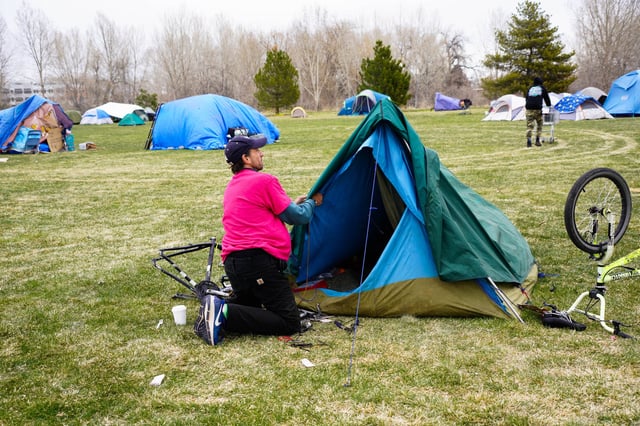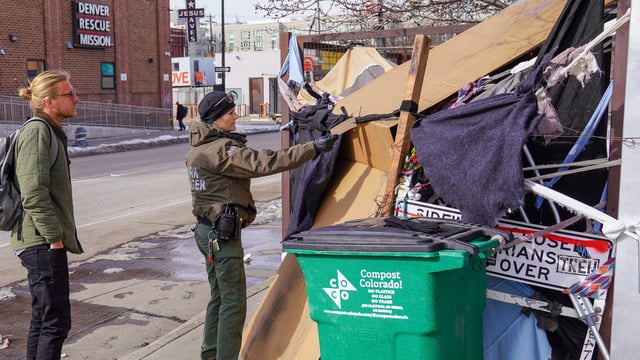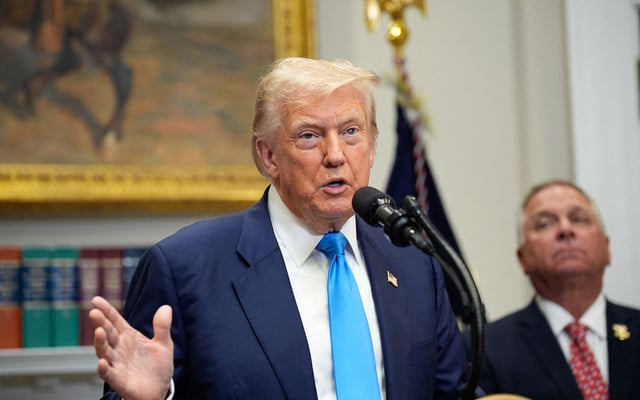Overview
- The executive order abandons the bipartisan housing-first model in favor of mandatory encampment clearances and involuntary commitment for substance abuse or mental health treatment.
- Federal funding for housing and social services is now conditioned on cities and states enacting permissive involuntary commitment policies and cracking down on open-air drug use and loitering.
- Officials in California and Kentucky have signaled support for the plan, viewing compliance as a path to increased federal aid after similar measures in those states.
- Social workers and medical experts warn the order contains no additional resources for treatment, risks criminalizing poverty and could exacerbate homelessness.
- The administration also requires expanded data collection on service recipients even as legal challenges and budget shortfalls leave implementation details uncertain.



